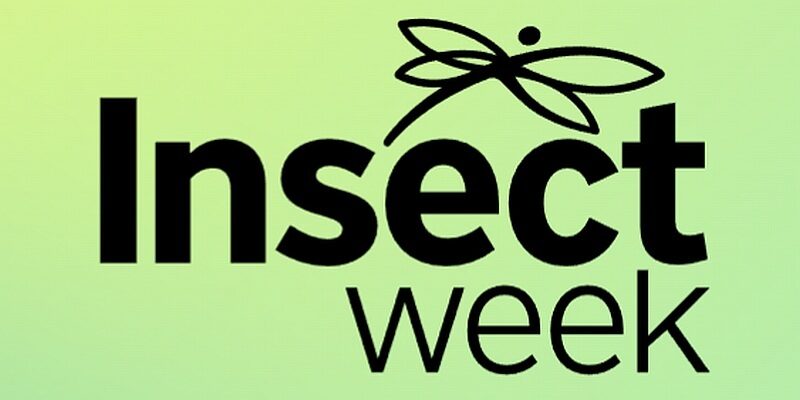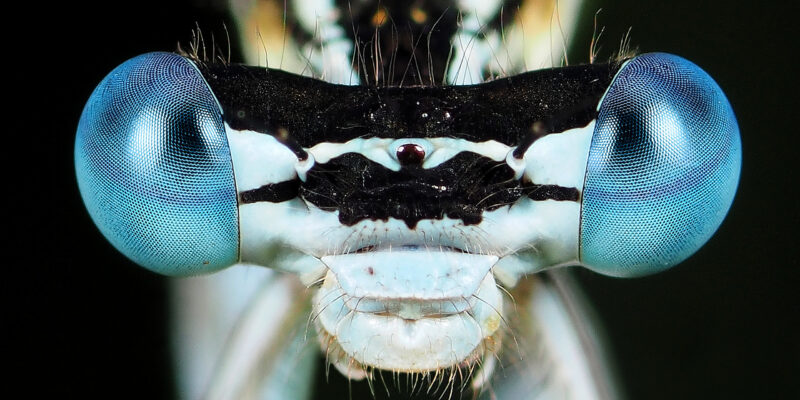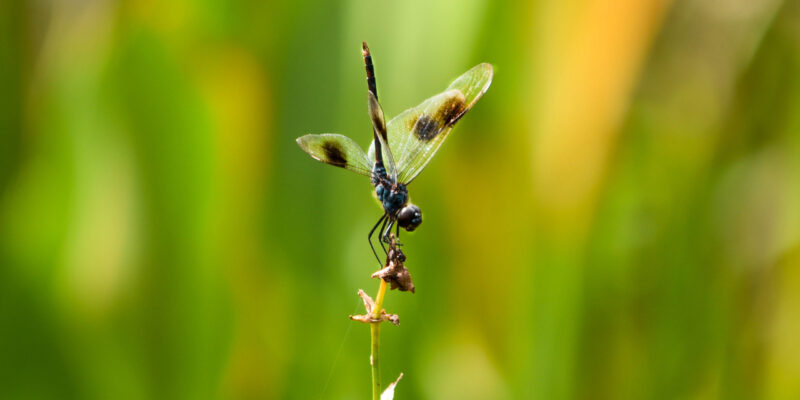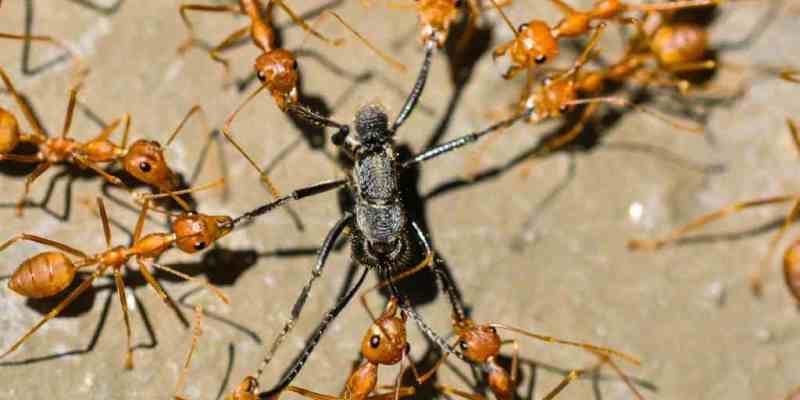Details and previous winners of the Alfred Russel Wallace Award.
| Award topic | Description |
|---|---|
| Award criteria | For post-graduates who have been awarded a PhD, and whose work is considered by their supervisory team to be outstanding. The research involved should be a significant contribution to the science of entomology. |
| Prize | First prize: £800 plus Certificate, plus one years free Membership to the Royal Entomological Society. The winner will also be required to present their work at a major Society meeting (all expenses paid) and submit an article to Antenna. Runners-up: Up to four runners-up will have their names and abstracts published in Antenna. |
| Eligibility | All post-graduates who have been awarded a PhD degree, on the basis of a thesis written in the English language, within the period 1st October 2021 – 31 December 2024. |
| Closing date | The closing date for entry is 31 December 2024. Winners will be announced in the Spring 2025 edition of Antenna and on the RES website. |
| The judges | The judges’ panel will consist of a group of senior Fellows of the Royal Entomological Society. The judges decision is final. |
| Entry | The candidate’s supervisor or external examiner should complete the entry form below including a copy of the abstract of the thesis. Please do not send the thesis itself until requested to do so. The candidate will at that stage be asked to provide a 500 word statement expressing in layman’s terms the contribution that their work has made to entomology and selected entries will be asked to submit their theses. Following thesis submission, up to 5 candidates will be invited to The Mansion House in person (UK travel will be paid), or virtually, to deliver a 20 minute presentation and engage in a 20 minute question/answer session with the judges. |
| Further information about Wallace | Alfred Russel Wallace website |

2019 Winner
Dr Jesamine Bartlett
“Ecophysiology & ecological impacts of Eretmoptera murphy”
2018 Winner
Dr Patrick Rohner
“An Integrative Study of Patterns and Processes Driving Sexual Dimorphism and Life-History Evolution in Diptera and Other Insects”
2017 Winner
Dr Callum J. Macgregor
‘The role of moths as pollinators, and the effects of environmental change.’
2016 Winner
Dr Rebijith Kayattukandy Balan
‘Molecular approaches in identification, diversity and management of important insect vectors, Thrips palmi Karay (Thysanoptera) and Aphis gossypi Glover (Hemptera).’

Nominate someone for the Alfred Russel Wallace Award





